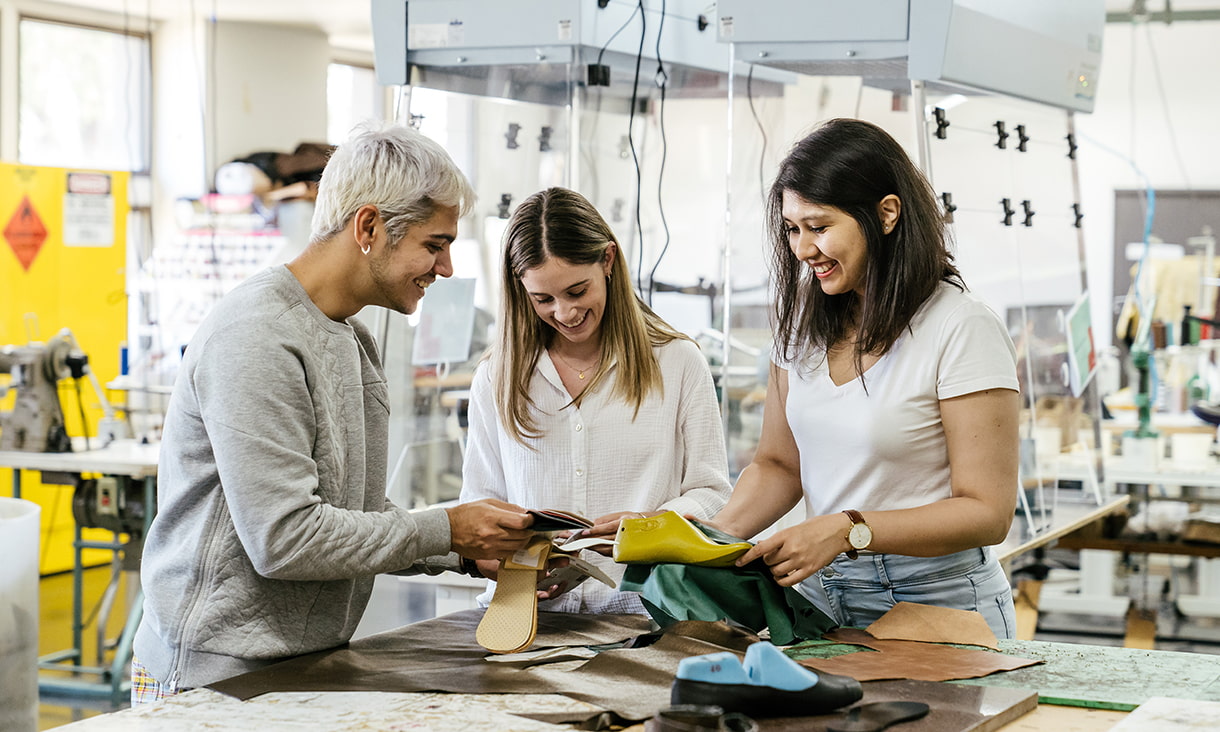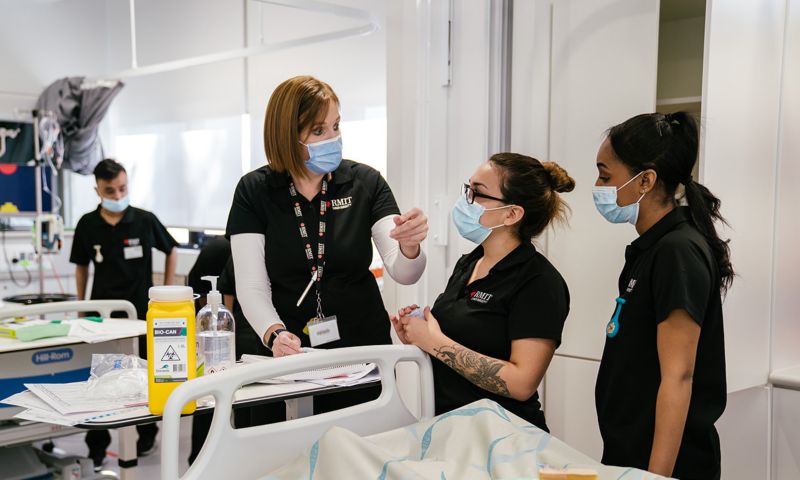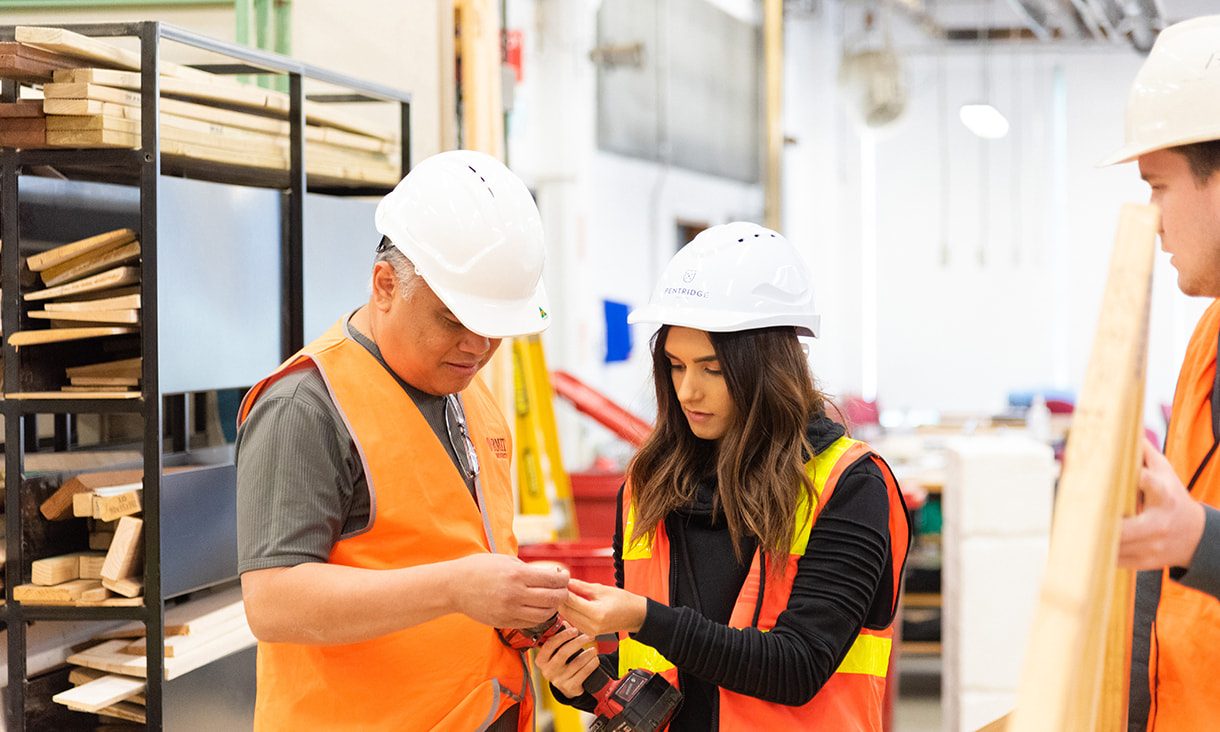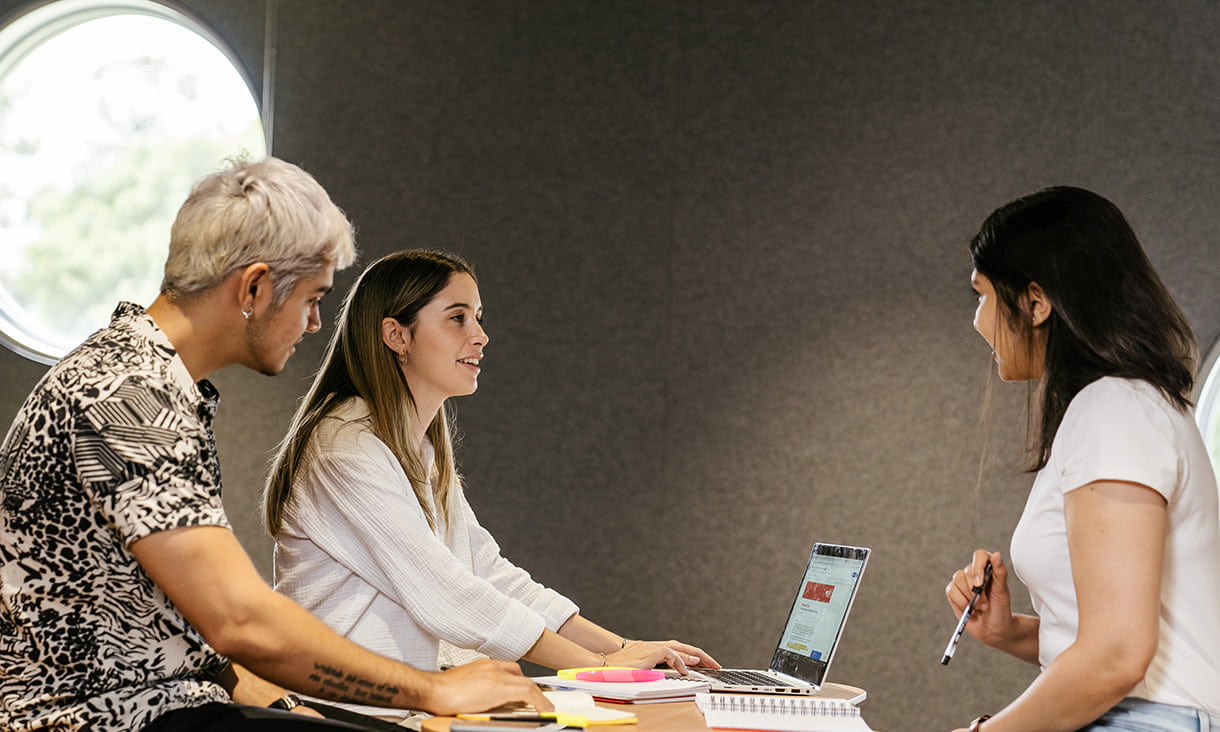Free TAFE courses give more Victorians the chance to get the skills they need to land a job that’s in demand. These options are also priority areas across a number of industries, meaning they give you the skills that employers are looking for.
Put simply, Free TAFE means students pay no tuition fees at all if their vocational course is eligible.
RMIT alum Edwina Saines had been considering a career change into community services for years, but the cost of study had always held her back – until she explored Free TAFE options.
“Free TAFE really was a gamechanger for me. I was incredibly excited when I found out the Certificate IV in Community Services was on the list of courses and I was eligible.
“The certificate attracts such a variety of people with all types of life experiences that I had the privilege of hearing about throughout our study time together.”
The certificate led Edwina to study a Diploma of Community Services (Case Management) with RMIT, enabling her to solidify her new career direction.
“I’m hoping to use my next qualification to make a difference within the family violence sector,” she said.








